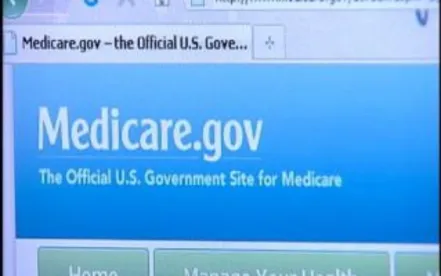In Singh v. Cigna Corp., No. 17-3484-cv, 2019 U.S. App. LEXIS 6637 (2d Cir. Mar. 5, 2019), the United States Court of Appeals for the Second Circuit affirmed the dismissal of a class action complaint that purported to base a securities fraud claim upon alleged statements made by defendant Cigna Corporation (“Cigna” or the “Company”) about its efforts to comply with Medicare regulations. According to the complaint, the statements materially misled investors and, when news of regulatory non-compliance surfaced, the Company’s stock price declined. The Second Circuit held the statements to be only “generic” descriptions of the Company’s compliance efforts. The Court held that no reasonable investor would rely upon them as “representations of [the Company’s] satisfactory compliance,” and so they did not constitute material misstatements sufficient to support a securities claim.
In early 2012, Cigna, a health services organization, acquired another company in the fast-growing U.S. Medicare insurance market through an acquisition. As a result, the Company became subject to significant regulatory requirements. In 2014 and 2015, the Company issued public statements generally addressing Medicare regulations. These disclosed that it had “established policies and procedures to comply with applicable requirements” and that it “expect[s] to continue to allocate significant resources” to compliance. In 2014, the Company also published a “Code of Ethics and Principles of Conduct,” in which its senior executives affirmed the importance of integrity and legal and regulatory compliance.
Beginning in 2014, the Centers for Medicare and Medicaid Services (“CMS”), the federal agency which administers Medicare, began sending the Company notices of regulatory violations. CMS thereafter audited the Company’s Medicare operations. In a January 21, 2016 letter, CMS informed the Company that it had substantially failed to comply with Medicare requirements and that CMS would impose “intermediate sanctions suspending enrollment of Medicare beneficiaries effective at 11:59 p.m. that night.” When the Company disclosed this letter the next day, its stock price declined. In July 2016, after it announced that it had already spent more than $30 million to remedy the cited violations and that it might not be able to timely and satisfactorily address matters arising from the sanctions, the Company’s stock price declined further.
In response to the January 2016 price decline, an investor filed a putative class action against the Company and certain of its officers under Section 10(b) of the Securities Exchange Act of 1934, 15 U.S.C. § 78j(b), and Securities & Exchange Commission Rule 10b-5, 17 C.F.R. § 240.10b-5, promulgated thereunder. After the July 2016 stock price decline, the appointed lead plaintiff filed an amended complaint to extend the class period. The defendants then moved to dismiss, and the United States District Court for the District of Connecticut granted the motion. It determined that plaintiffs failed to plead materially false or misleading statements and facts giving rise to a strong inference of scienter.
On appeal, the Second Circuit agreed that no material misrepresentation was pled (and so it did not reach the scienter issue). The Court’s opinion quickly disposed of the Code of Ethics allegations, calling the Company’s statements about the need to comply with ethical norms “a textbook example of ‘puffery’” upon which no reasonable investor would rely.
The alleged statements about Medicare compliance efforts fared no better. Although the Second Circuit acknowledged that descriptions about compliance efforts can “amount[] to actionable assurances of actual compliance,” the Court explained that this can happen only when the issuer “describe[s] its compliance mechanisms in confident detail” (emphasis added). That was not the case here. As the Second Circuit observed, the challenged statements were “simple and generic assertions” about “having ‘policies and procedures’” and “allocating significant resources.” These “banal and vague” statements were also “tentative,” as the Company included language cautioning that Medicare requirements were complex and shifting, and that new national health care reform measures added to the overall uncertainty. According to the Court, the challenged statements “suggest[ed] a company actively working to improve its compliance efforts, rather than one expressing confidence in their complete (or even substantial) effectiveness.” The Court concluded that no reasonable investor would view them differently.
Following reports of an issuer’s non-compliance with regulatory requirements, it is not uncommon for securities plaintiffs to attempt to build a securities fraud case based upon the issuer’s earlier statements affirming the importance of regulatory compliance and generally describing its compliance efforts. Singh instructs that such statements do not present a basis for a securities fraud claim, and are properly rejected as merely “creative attempt[s] to recast corporate mismanagement as securities fraud.”




 />i
/>i
